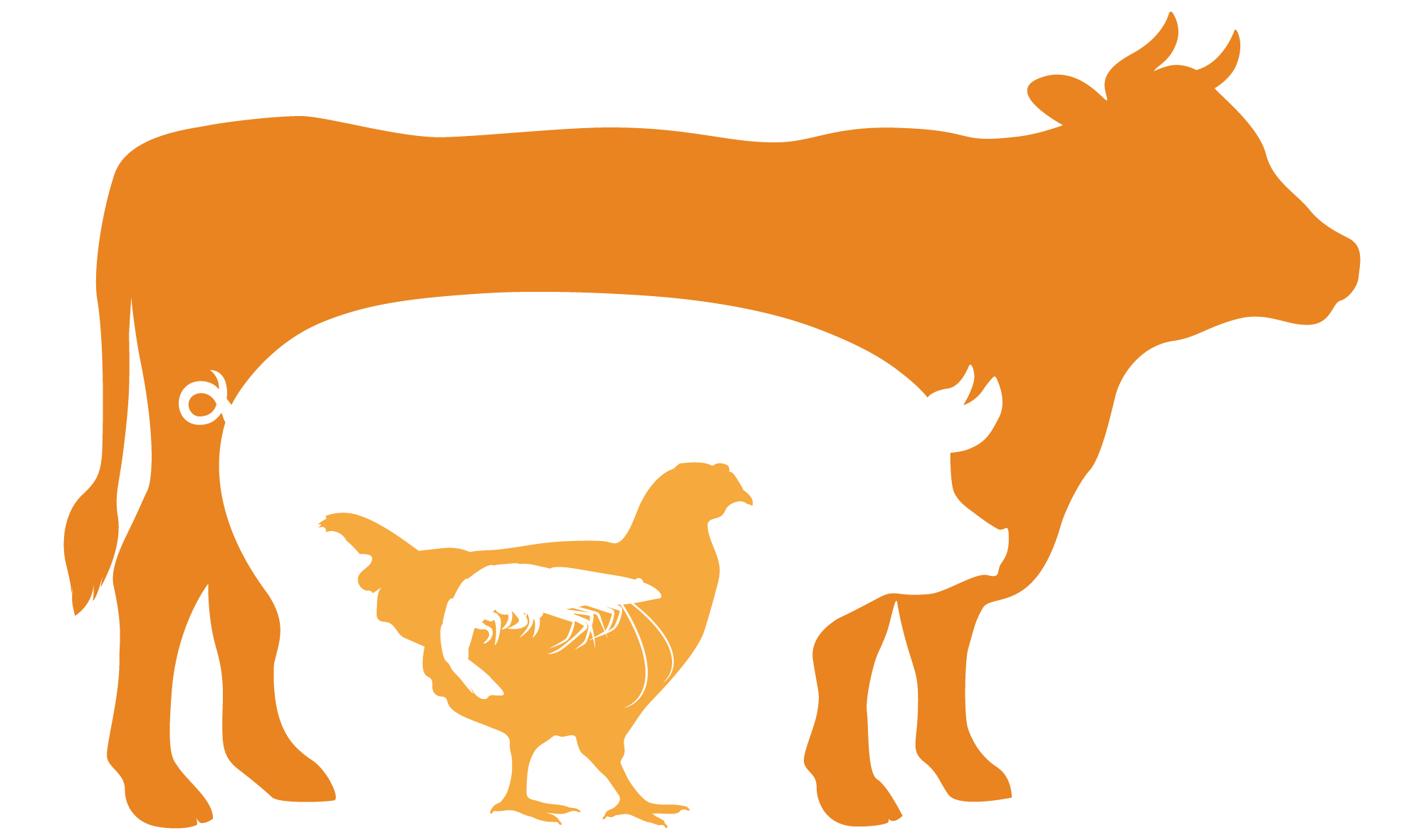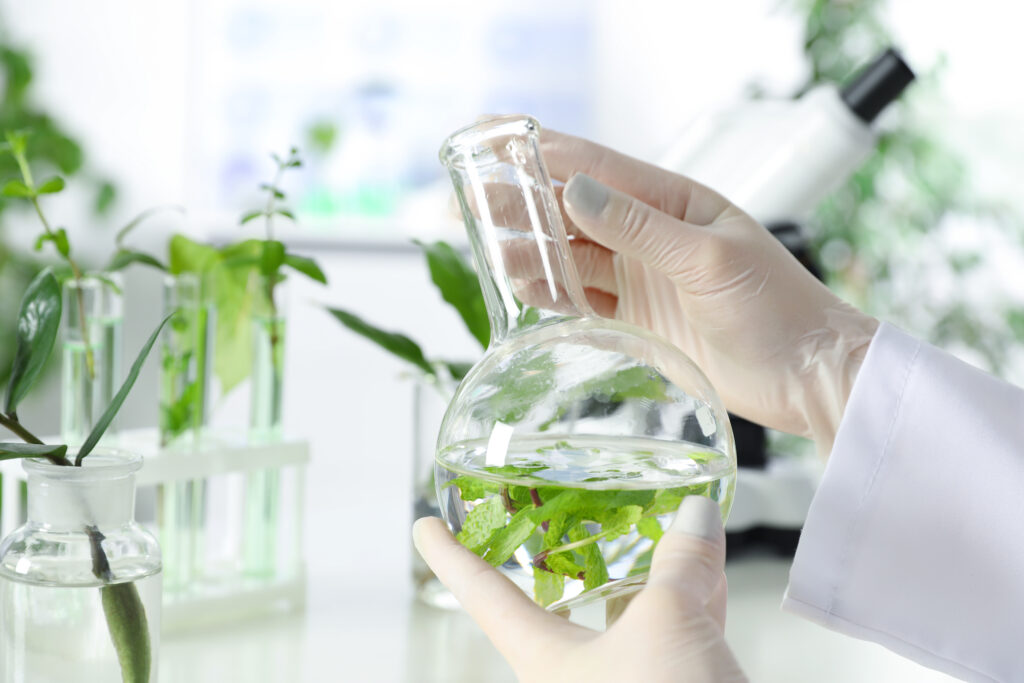Mild Cognitive Impairment and the Shift Toward Earlier Cognitive Support
In the nutraceutical industry, brain health is no longer treated as a late-stage concern. Over the past few years, the dialogs have shifted to that part of the life cycle where people are already aware of the issue, have done maintenance, and are experiencing everyday mental performance. One of the synonyms that keeps surfacing in these talks is Mild cognitive impairment. This is not because brands are trying to step into clinical territory. It’s because consumers themselves are changing how they think about mental health. People are paying closer attention to memory, focus, and mental stamina, often well before any serious issue appears. That change in mindset is shaping product concepts, ingredient demand, and long-term category growth. How the Industry Looks at Mild Cognitive Impairment From a preventive wellness point of view, asking what mild cognitive impairment is less about diagnosis and more about context. It describes a stage where mental sharpness doesn’t feel the same as before, yet daily life continues without disruption. Individuals in this stage are active and engaged. They work, manage households, and stay socially involved. What changes is subtle: thinking may feel slower, recall may take more effort, or focus may fade sooner than expected. These early signals are often what prompt interest in cognitive support products. For brands, this distinction matters. Mild cognitive impairment is not about treating a condition—it’s about supporting mental performance at a time when people are still fully functional. The Symptoms That Shape Consumer Behavior When looking at mild cognitive impairment symptoms from a market perspective, the details matter. These are not dramatic events. They are small, repeated experiences that slowly affect confidence. According to consumers, difficulties in recalling recent information, losing attention during discussions and the sensation of mental fatigue after performing tasks that were easy before, are the major reasons for their cognitive decline. The memory of words might take longer time. It becomes harder to juggle different tasks at the same time. The signs of mild cognitive impairment do not interrupt the activities of the day, but they alter the perception of mental brightness by the individuals. That feeling—more than the symptoms themselves—is what drives demand for early, natural cognitive support. Why This Category Aligns With Preventive Nutrition Mild cognitive impairment fits naturally into preventive wellness. It sits in the same space as joint comfort, digestive balance, or stress management—areas where people act early rather than waiting for serious problems. Consumers exploring this category are not looking for strong claims or rapid outcomes. They want reassurance. They wish to have a product that is easy and comfortable to use regularly like their daily routine. Product positioning will be based on patient education about mild cognitive impairment. For nutraceutical brands, this opens the door to formulations focused on daily mental support rather than condition-specific messaging. The Continued Role of Botanical Ingredients Botanical ingredients have long been incorporated in health strategies with a main focus on their daily use and the importance of balance. In cognitive health, early intervention is increasingly being emphasized, hence the need for these ingredients’ usage and the whole approach is becoming more relevant. For people experiencing mild cognitive impairment symptoms, plant-based ingredients feel appropriate. They are familiar, well accepted, and aligned with clean-label expectations. They also allow brands to communicate cognitive benefits without framing products as medical solutions. From a development standpoint, standardized botanical extracts offer consistency and scalability while still supporting a natural product story. Where SominOn® Fits SominOn®, developed by Arjuna Natural, was created for this preventive cognitive space. It is a botanical ingredient designed specifically for nutraceutical and functional food applications. SominOn® is positioned around supporting mental clarity, focus, and cognitive balance—areas that are often impacted during early cognitive changes. Its plant-based profile makes it suitable for formulations intended for everyday use rather than short-term intervention. For ingredient buyers and formulators, SominOn® provides a way to address mild cognitive impairment without pushing products into a clinical or treatment-focused category. It supports a measured, responsible approach to brain health. Early Support Is Becoming the Expectation One of the clearest shifts in wellness is timing. Consumers no longer wait for problems to escalate. They act when something feels slightly off. That behavior is reshaping how brands think about cognitive health. Mild cognitive impairment signifies this transition. It marks a phase with maximum awareness and the possibility of a very subtle intervention. Knowing the nature of mild cognitive impairment helps brands to come alongside consumers—curious, active, and skeptical about too good promises. Substances such as SominOn® see this strategy through by finding their way into products which focus on maintenance and prolonged application. Looking Forward The main reason for the stake in mild cognitive impairment is not fear but the knowledge of the condition. As cognitive sappiness is talked about in connection with wellness, the need for early cognitive support will become more and more important. Nutraceutical companies have a chance to sell their products as being appropriate for this situation, that is, natural, well-positioned, and in line with principles of preventive nutrition. Biomaterials of experienced producers, such as SominOn®, Arjuna Natural, enable marketers to gain entry into this category with assurance and trust. The future of brain health is not about reacting late. It’s about supporting early, consistently, and responsibly. From a brand perspective, this transition has impacted the planning and placement of cognitive health products. Rather than being reactive by addressing problems later on, a lot of companies have made the decision to work on raising awareness and taking care of everyday needs instead. A thorough comprehension of mild cognitive impairment at this point enables the brands to take more prudent decisions concerning the composition, to remain in the regulatory areas where they feel comfortable, and to be in sync with the conversations about preventive nutrition in the market. FAQ’S 1. What is the condition of mild cognitive impairment? This is the stage when people experience a change in memory or attention, but their daily life continues to be the same.














